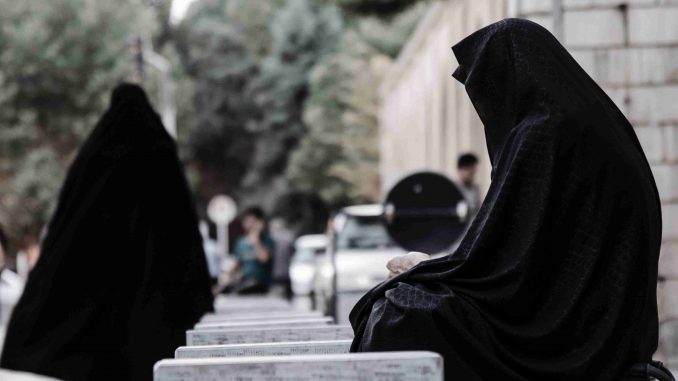
The Netherlands is the latest country to join the trend in banning face veils in some cases.
Artículo disponible en Español | Article disponible en Français
Barely a month ago, the Danish Parliament banned the wear of face veils in public, a move that was widely criticised by organisations, stating that women would have even less liberty now. Estimates say only some 150 to 200 women are concerned, out of a population of 5.7 million people.
It is now the turn to the Netherlands to pass a similar ban. The Dutch Parliament has banned the wearing of garments covering the face in some cases and with a few exceptions, similar to the Danish ban. The Dutch ban mainly concerns the burqa and niqab, which covers the entire face, but doesn’t concern the hijab, which is the veil most Muslim women wear, which only covers the hair. It also bans ski masks and full-face helmets.
Now, the Dutch ban is extremely soft compared to other European countries, as it only restricts the usage in public transport, education and health institutions, and government buildings. This means the few women wearing the burqa and niqab won’t be affected while they avoid public transport and health institutions. Estimates say only a few hundred women (up to 400) wear the niqab or burqa in the country.
Fines for breaking the law could go up to 400 euros. Various feminist associations and activists complained of the ban, as it “limits the freedom of women” since they can’t wear what they want, and that it “breaches human rights”, even if the European Court of Human Rights has given reason the various bans, such as the ones in Belgium or France.
In Switzerland, a referendum should be held soon, determining whether the face veil should be banned or not. Current polls show that the population will vote to ban the veil in the Swiss country.
More on this subject:


